From Digital Sandbox To Digital Garden
"Once you start writing, you see things to write about everywhere."
This is a weekly newsletter about the art and science of building and investing in tech companies. To receive Investing 101 in your inbox each week, subscribe here:
For those of you that have followed my writing for a while, you'll probably know that I'm a pretty exorbitant note taking nerd. In fact, my very first post on this blog was "Networked Conviction," an overview of how I use Roam Research for taking notes on investing. But Roam isn't where my obsession started. I started using Twitter at the beginning of COVID lockdowns, which is where I found Roam. But my documentation hunger goes much deeper than that.
Before Roam, it was Notion. And before Notion, it was Evernote.
I don't remember being particularly organized as a kid, or in high school. I did have a master notebook with a big running checklist. But my writing habit mostly started on my mission for The Church of Jesus Christ of Latter-Day Saints. I've written before about the experience I had doing at least two hours of scripture study every day.
Over the course of two years, I filled 11 study journals with different kinds of notes, quotes, stories, and lessons. That was really where my hunger for consuming, capturing, organizing, and utilizing knowledge really began.
That last time I talked about this was a reflective piece called "On Writing." In it, I shared a quote that has always resonated with me:
“While walking in a rapid stream we cannot tread twice in the same water. Neither can we spend twice the same time. When we pass out of that door, the work of this meeting will be closed to us forever. We shall never spend the time of this evening again. Then should we not keep a record of our work, teachings, and counsel that we give? We should.” (Wilford Woodruff)
I feel that way about everything. Every meeting, every class, every conversation, every passing thought, every sleepless night. Each moment is a moment that is rushing by, and will never pass me again. So I ought to try and capture it.
My system for tracking these fleeting thoughts has evolved over time. In 2020 I was obsessed (like really obsessed) with Roam, and recommended it to everyone. Don't get me wrong, I'm still an hourly active user (I'm literally writing this in Roam right now). But I've come to accept that Roam isn't for everyone. Even for me, my Roam graph is too big so it doesn't load on their mobile app, so I've been having to capture random ideas on the go in my Apple Notes app instead, and then I transfer them later.
I think of these small emerging nuggets, just interesting ideas that catch my eye, as critical fodder for any writing I do. But lately, I've been feeling like this process has become a black hole where stuff struggles to make it from raw idea to formulated thought.
Then, my heart leapt this morning when I realized I have a blog that I use as my "secret public journal." I've always said the point of this writing isn't for you (sorry). It's for me. I've written about this before.
"My writing each week isn't really meant for anyone but me, at least not in how its designed. I write to unpack how I'm thinking and the implications of the work that I'm doing."
And what better way to unpack this conundrum of my thought funnel than to unpack it in writing, and to use that to come to a conclusion. So that's what I've done. So let's unpack the pieces.
My Digital Garden
Digital gardens are one of many discoveries I made during my Roam Renaissance era in 2020. I've always credited Maggie Appleton with exposing me to the concept of a "digital garden." As Maggie describes them:
"A garden is a collection of evolving ideas that aren't strictly organised by their publication date. They're inherently exploratory – notes are linked through contextual associations. They aren't refined or complete - notes are published as half-finished thoughts that will grow and evolve over time. They're less rigid, less performative, and less perfect than the personal websites we're used to seeing."
I've had a digital garden since August 2020, not long after I got the idea from Maggie. I refer to it as my "Portfolio Ideas." I keep some passing references to big ideas like "The New City" or "The Republic of Letters 2.0." Occasionally, portfolio ideas evolve from the loosely explored, to the written down. That happened with Historical Futurism and open-source knowledge, both of which I've written about in this blog.
These ideas are big, and almost semi-sacred. I very rarely add ideas to that list. I'm trying to abide by the advice of Charlie Munger when he said, "Take a simple idea and take it seriously.” This, often, acts as the source of ideas that I draw a lot of my writing from.
But my obstacle has been further up, at the top of the funnel. Ideas that aren’t even ready for a digital garden, let alone a full blog post. I think of this disparate collection of unformed ideas as a sandbox; not yet cultivated into a full garden. That's why, today, I've created my own digital sandbox.
My Digital Sandbox
My personal website, kwharrison13.com, is where I keep all my longer lasting and public facing things. My best essays. My aforementioned Portfolio Ideas. My digital bookshelf. My "Music." My pivotal videos. The podcasts I've done. And the learning I'm trying to do.
I've enjoyed more and more building this digital repository. And now, I'm adding one more piece of the puzzle: my digital sandbox.
Now, instead of stuff disappearing into my notes, I'll use this Sandbox as the starting place for everything I want to explore. A collection of idea I've touched on before. More and more stuff will move out of Roam or my Apple Notes and into this so that I have one place to collect all the little nuggets that are heretofore unexplored.
Therefore, What?
There is a quote I love that I came across on Compound's writing page. Credit to Michael Dempsey and the team.
“Research is to see what everybody else has seen, and think what nobody has thought.” (Albert Szent-Gyorgi)
As soon as I spend any amount of time articulating some of the painstaking processes I go through for my research and writing, I so often get the feedback: "that just seems too complicated." And to that, I respond, "shut up."
To each their own. But when I think about "thinking what nobody else has thought," I think that has to come from really seeing what everyone else is seeing. And seeing as much of it as possible. Recalling it, remixing it, reviewing it, repurposing it. I come back again, and again, and again, to this advice that Alan Rickman gave to young actors, but I think is applicable to all of us:
"Forget about acting. Whatever you do as an actor is cumulative. Go to art galleries, listen to music, know what's happening on the news, in the world, and form your opinions, develop your taste and judgement. So that when a quality piece of writing is put in front of you your imagination, which you've nurtured, has something to bounce off of."
My systems and processes are a way for me to live a cumulative experience. Pulling all these threads together is the way I form who I am. And this whole process of growing a sandbox to a garden to my writing; it’s all one big process. That is the same reason this is my pinned tweet:
My process, no matter how complicated it may seem, is akin to breathing. The complex process of breathing in, processing oxygen, pumping blood, and powering organs. I need the process of gathering ideas, reacting to them, writing about them, and understanding what I think. As soon as we stop learning, we die. So this is my life support.
Thanks for reading! Subscribe here to receive Investing 101 in your inbox each week:




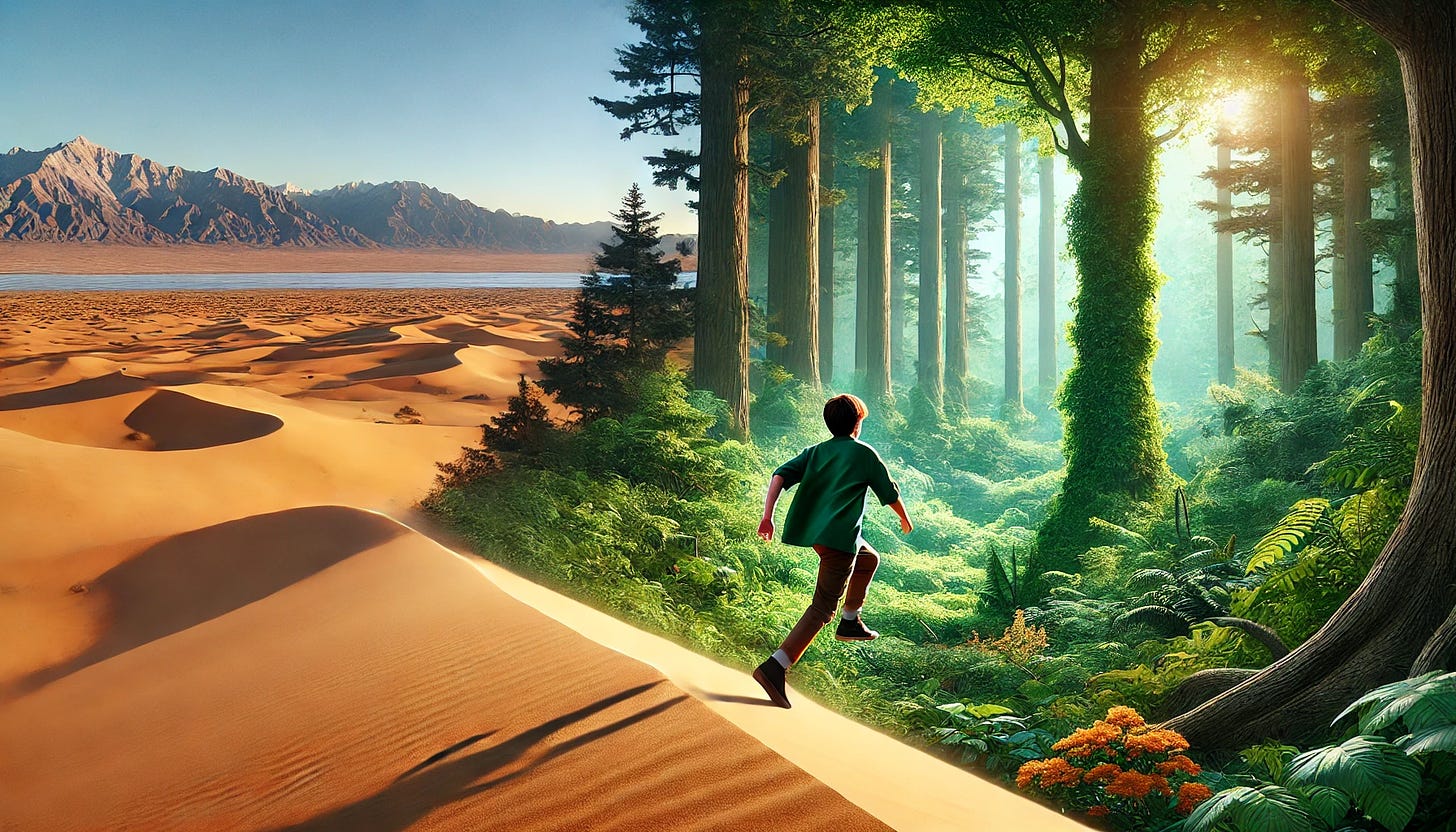
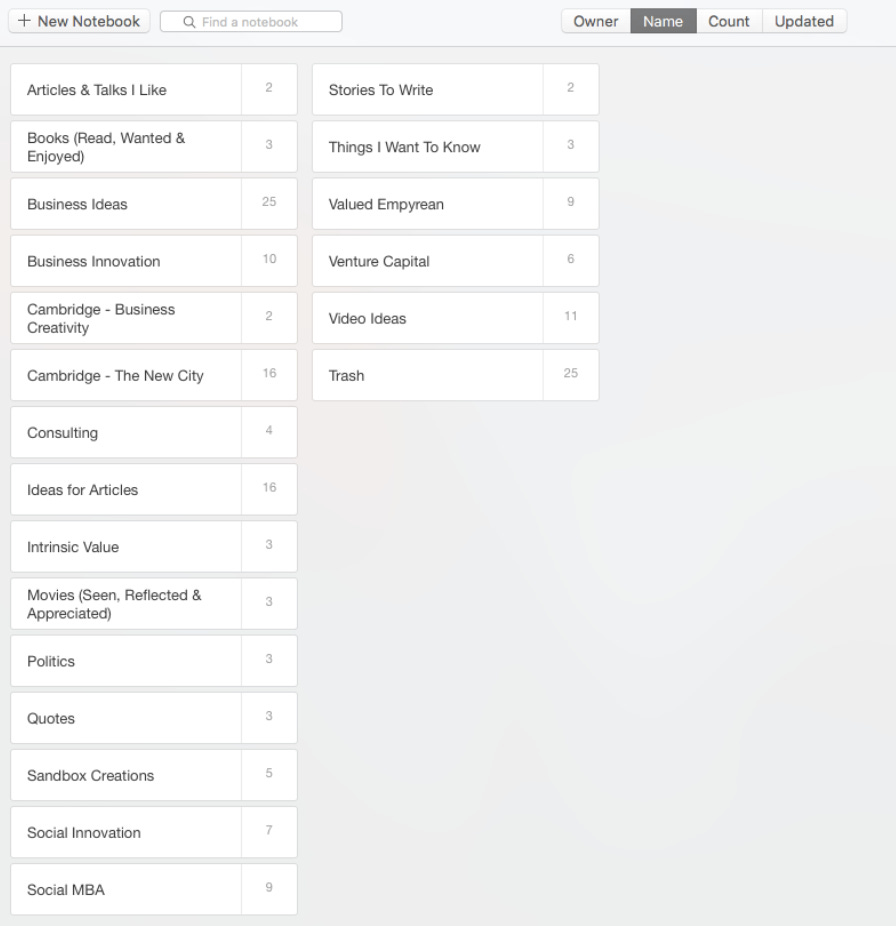
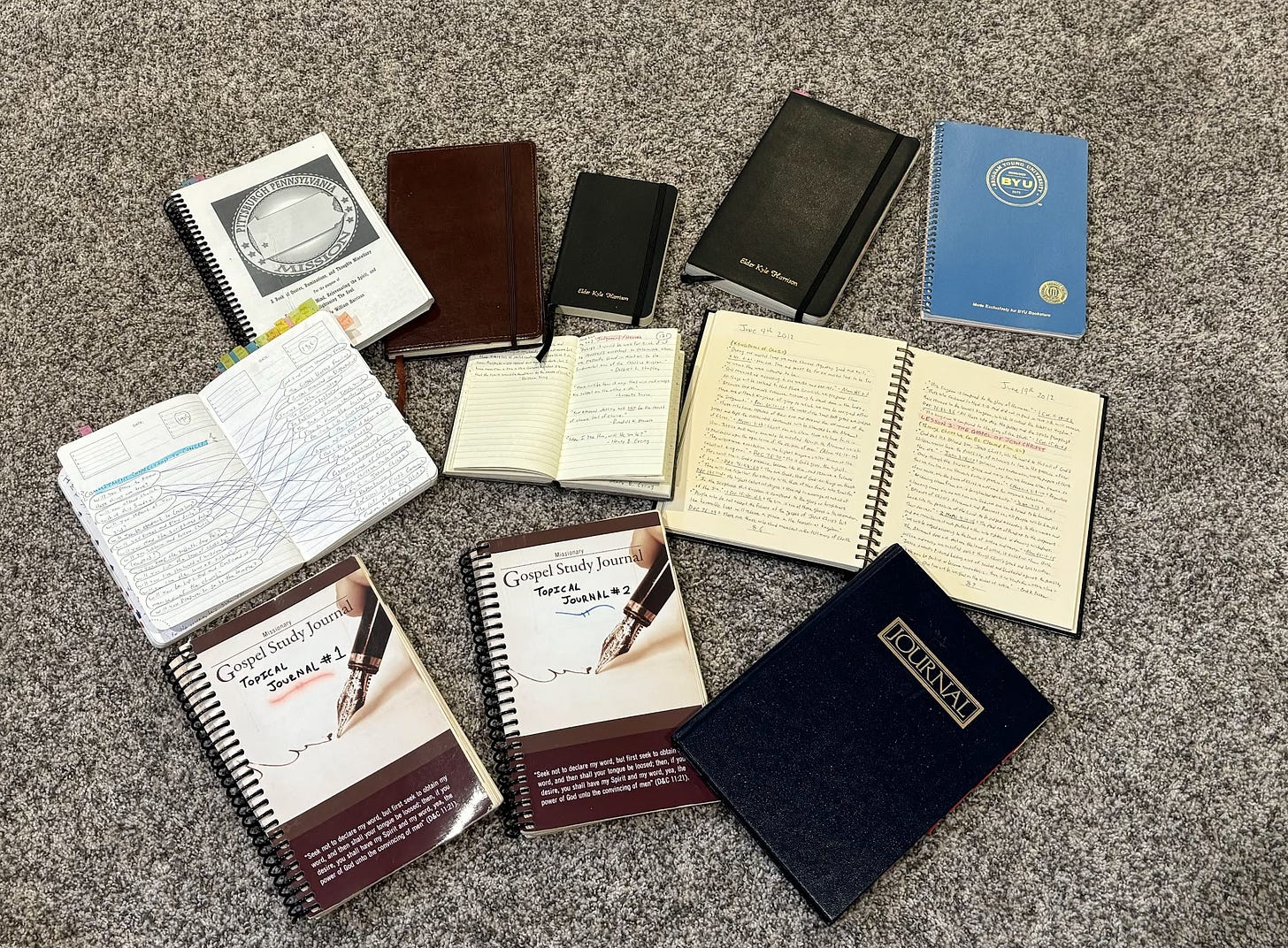
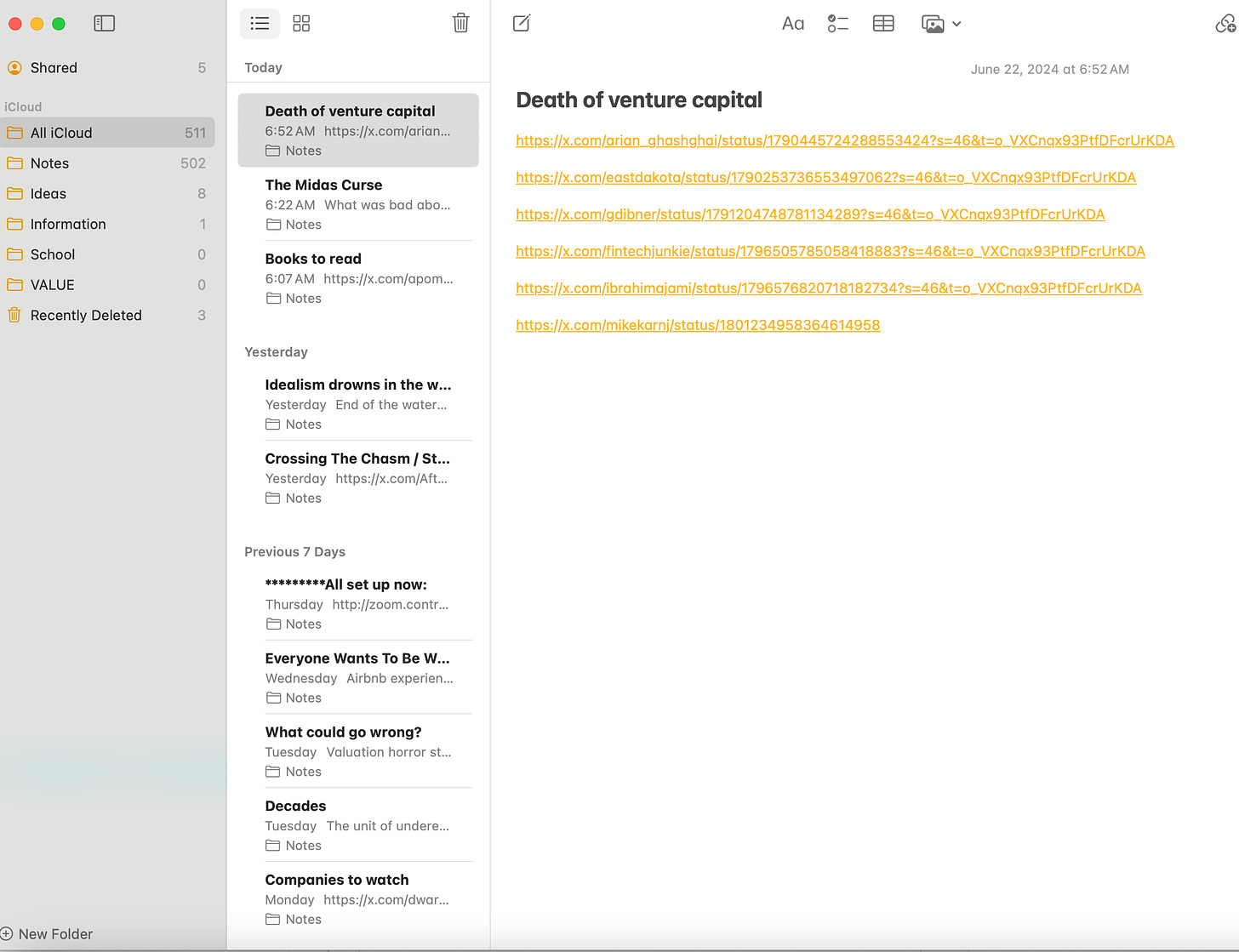
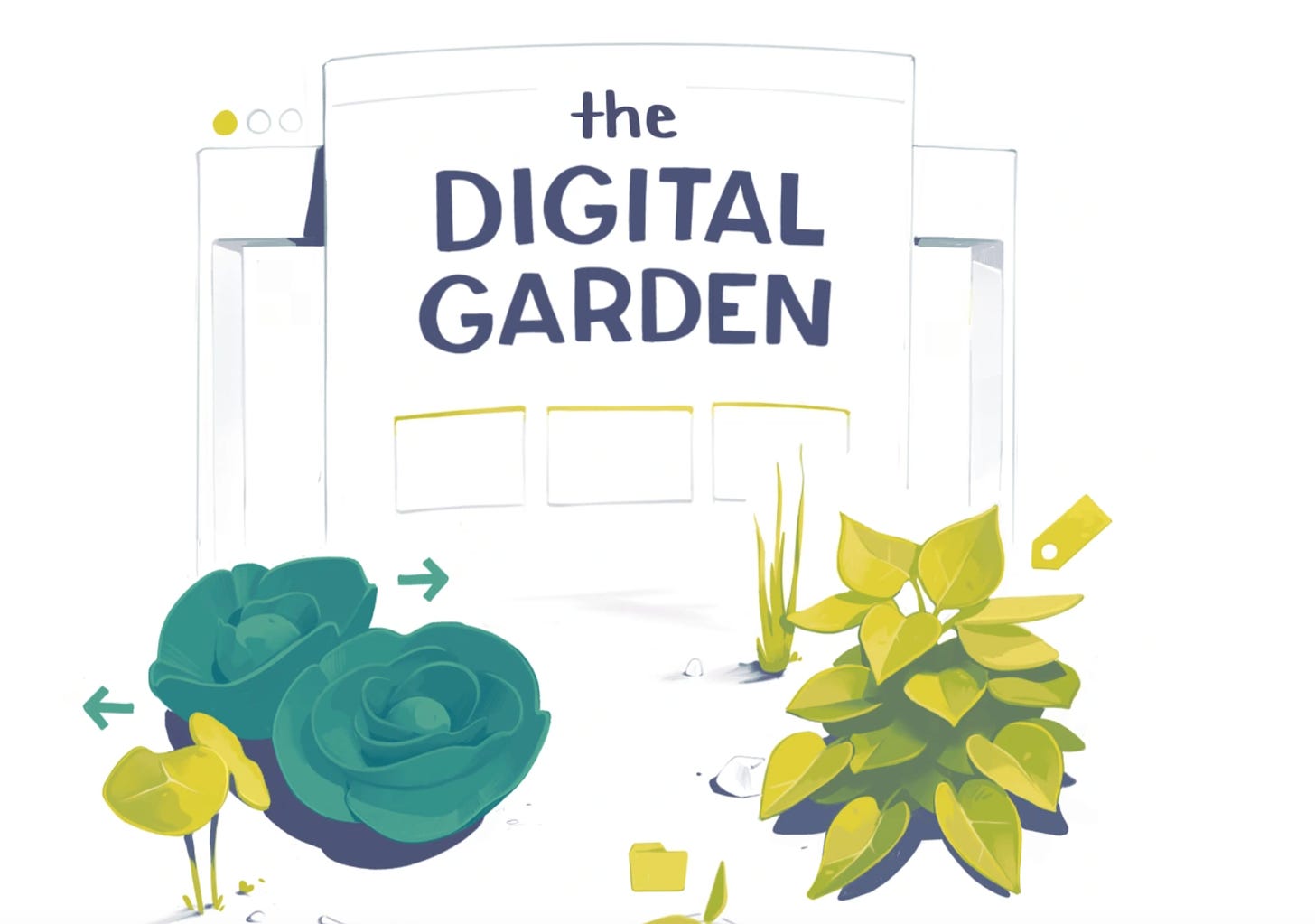
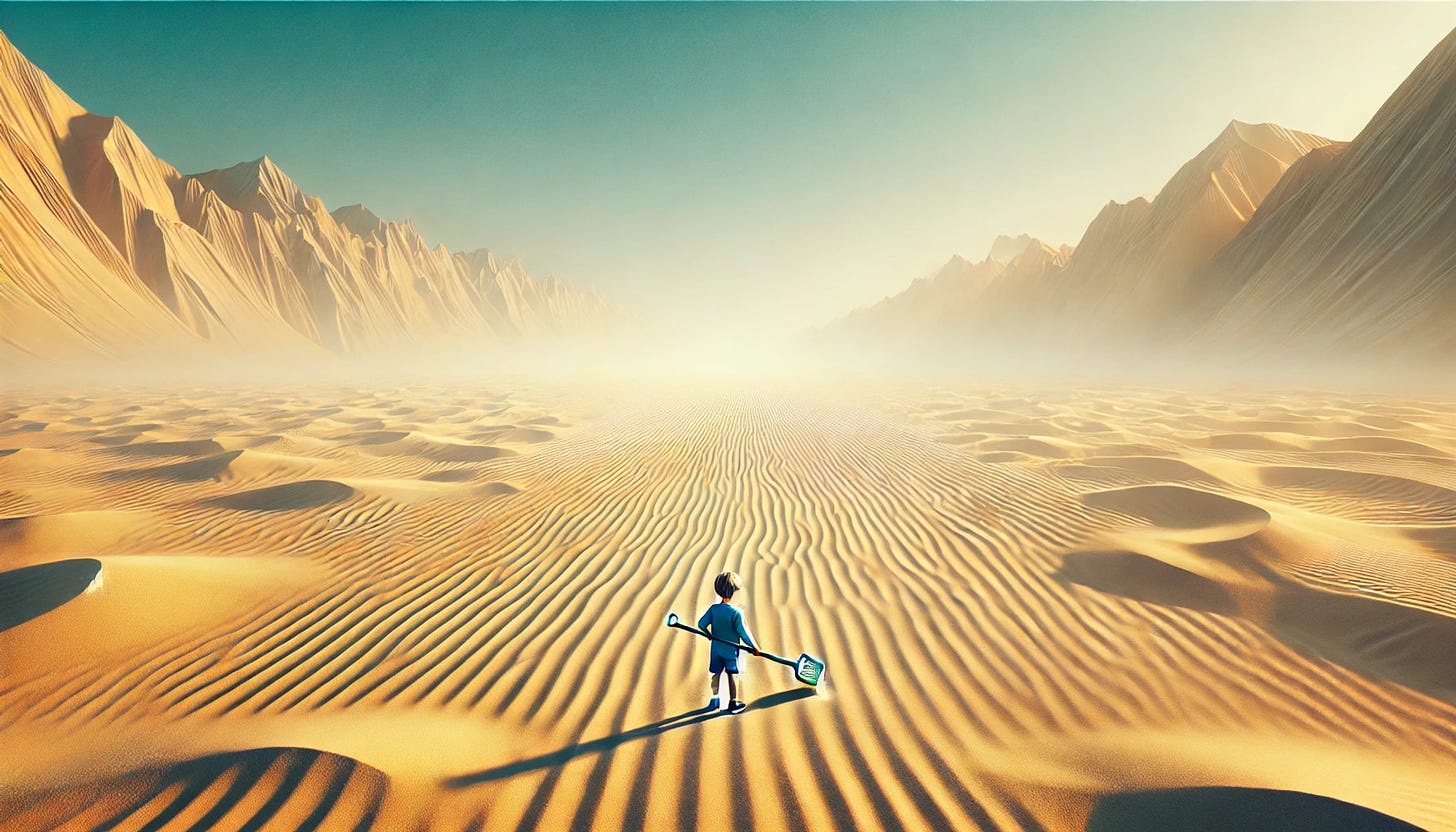
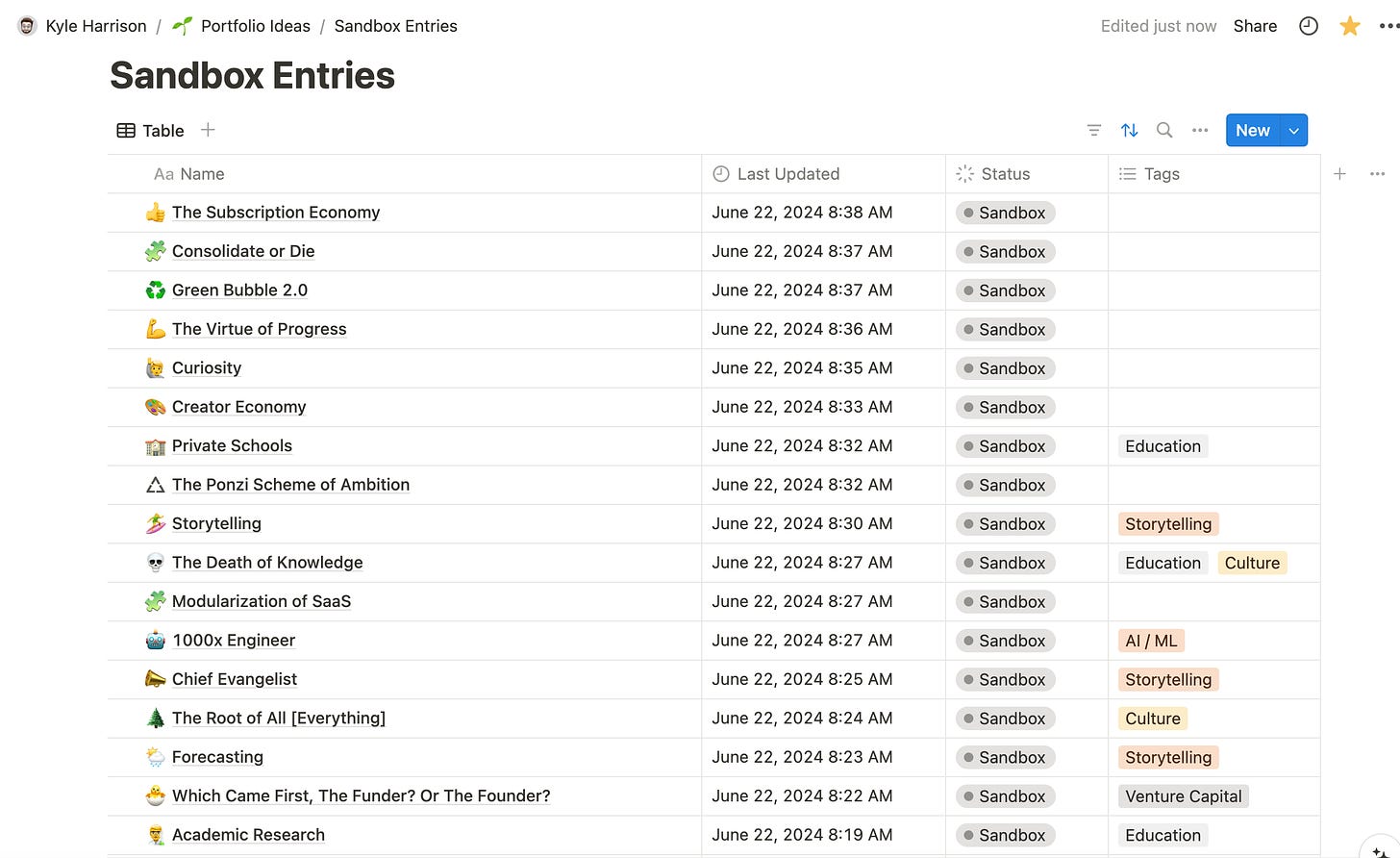

"Every meeting, every class, every conversation, every passing thought, every sleepless night. Each moment is a moment that is rushing by, and will never pass me again. So I ought to try and capture it.
The Buddha might advise one to embrace each moment fully and mindfully, recognizing its impermanent nature, and let go of the urge to capture or cling to it. ;)
Thanks Kyle. I share that challenge. I have always taken notes but the level to which I have taken them over the last few years has dramatically increased. I think its because I can see away of making the notes truly useful (to me). I use Google Keep simply because it was the tool I first started with and having playing around with different systems to bring that "Digital Garden" to bloom.